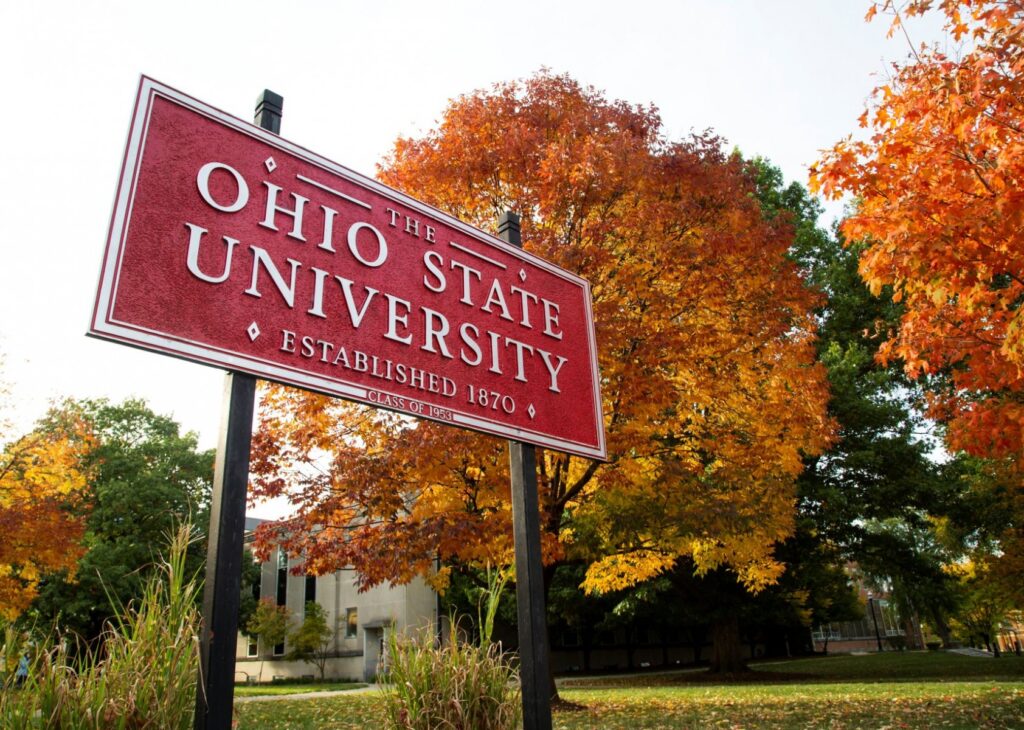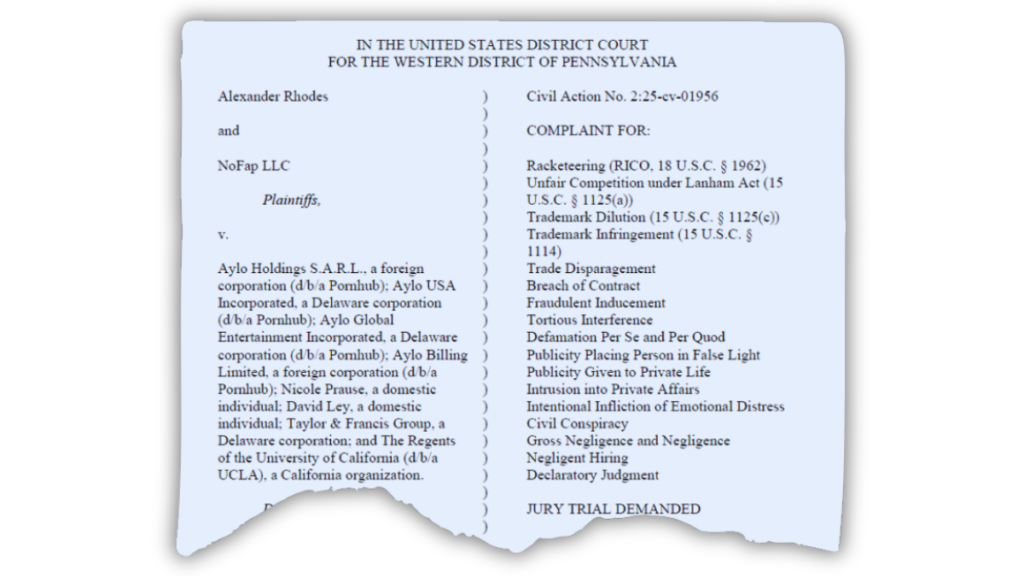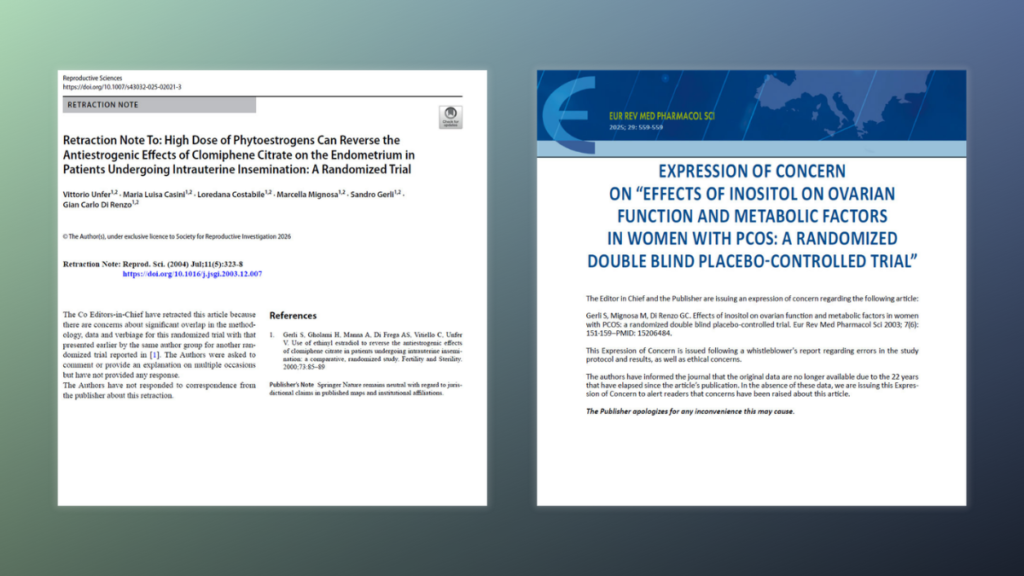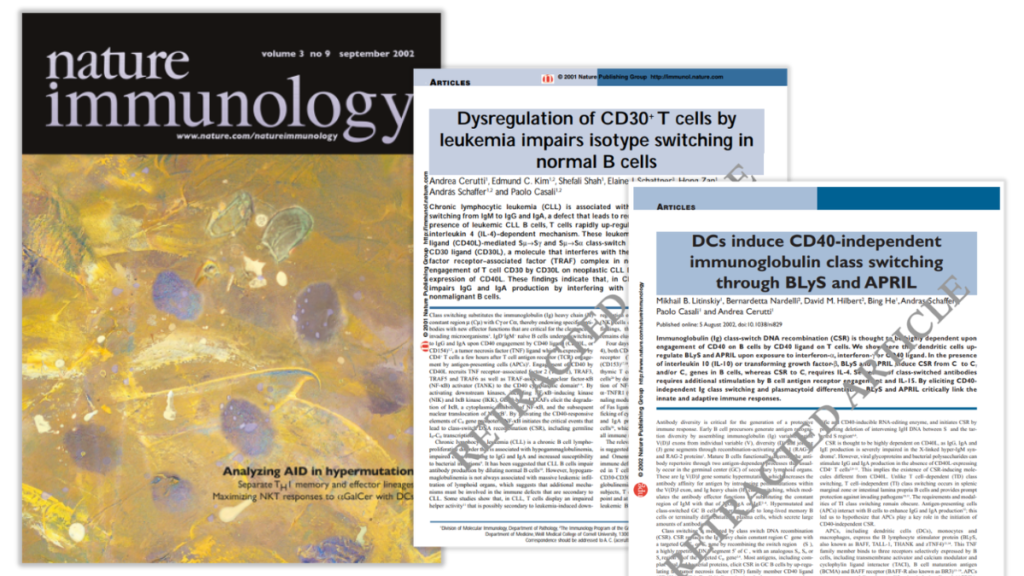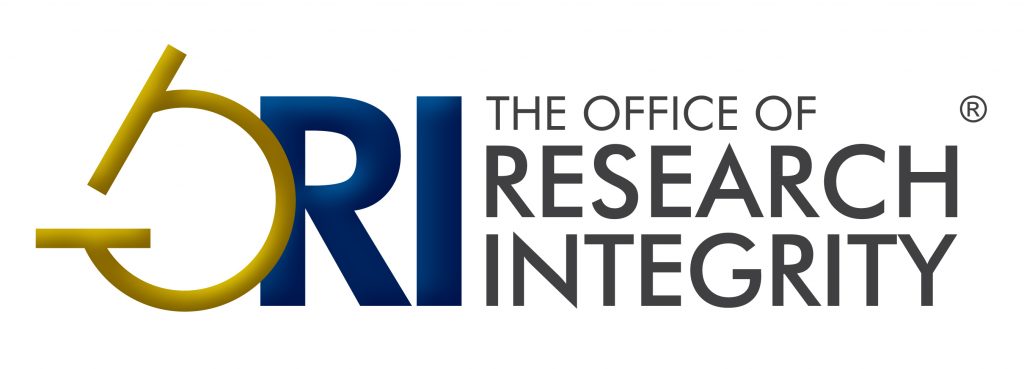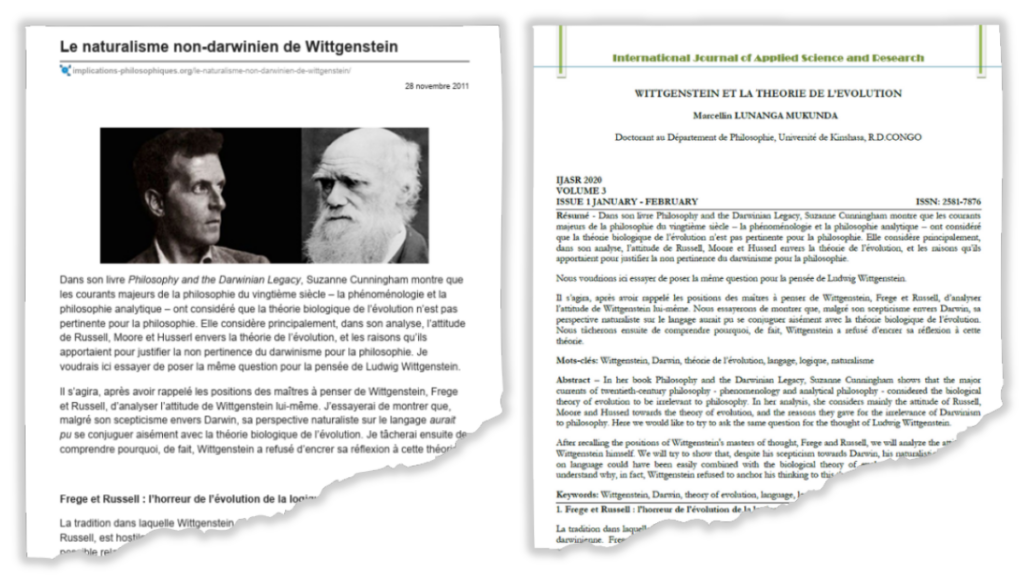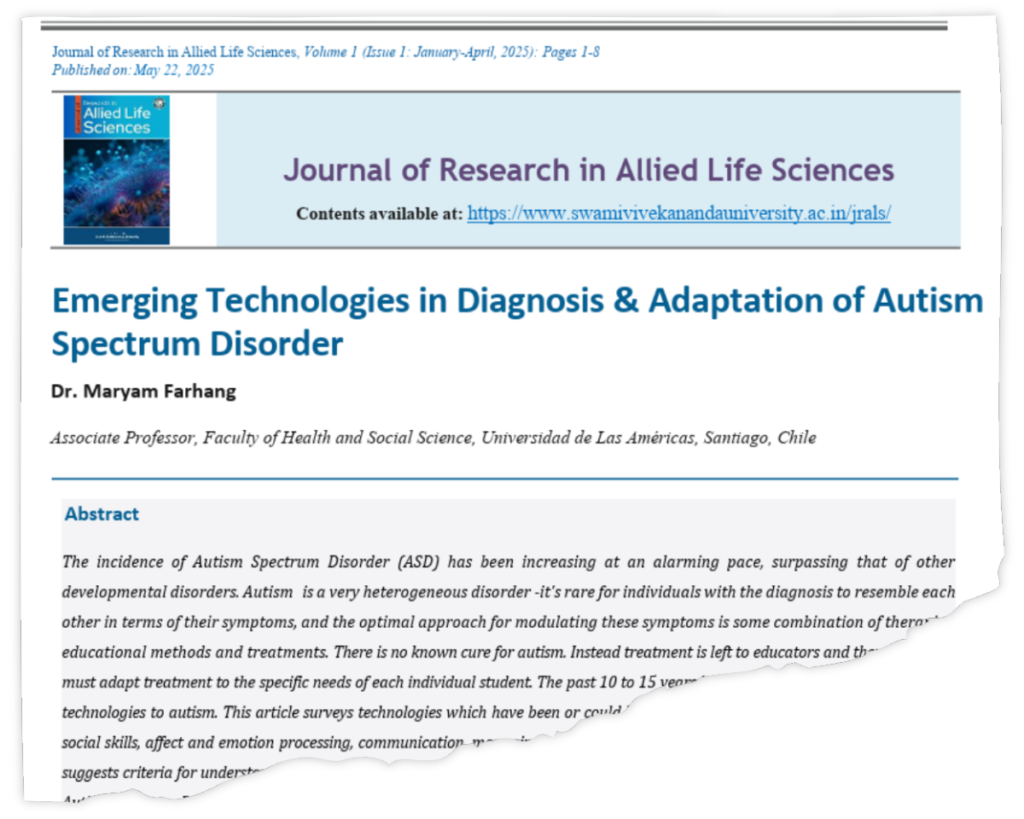
While reviewing her Google Scholar profile to prepare a list of her publications, psychologist Maryam Farhang came across a paper she didn’t recognize.
The article, in the Journal of Research in Allied Life Sciences, included her name and affiliation, but Farhang hadn’t written or contributed to the paper in any way, she told Retraction Watch.
“I was honestly shocked and very concerned to see my name and affiliation used without my permission,” said Farhang, an associate research professor at Universidad de Las Américas in Chile. “This is not only unethical, but a serious breach of research integrity. As a researcher, authorship comes with responsibility, seeing my name attached to work that I neither wrote nor approved was professionally alarming and personally upsetting.”
